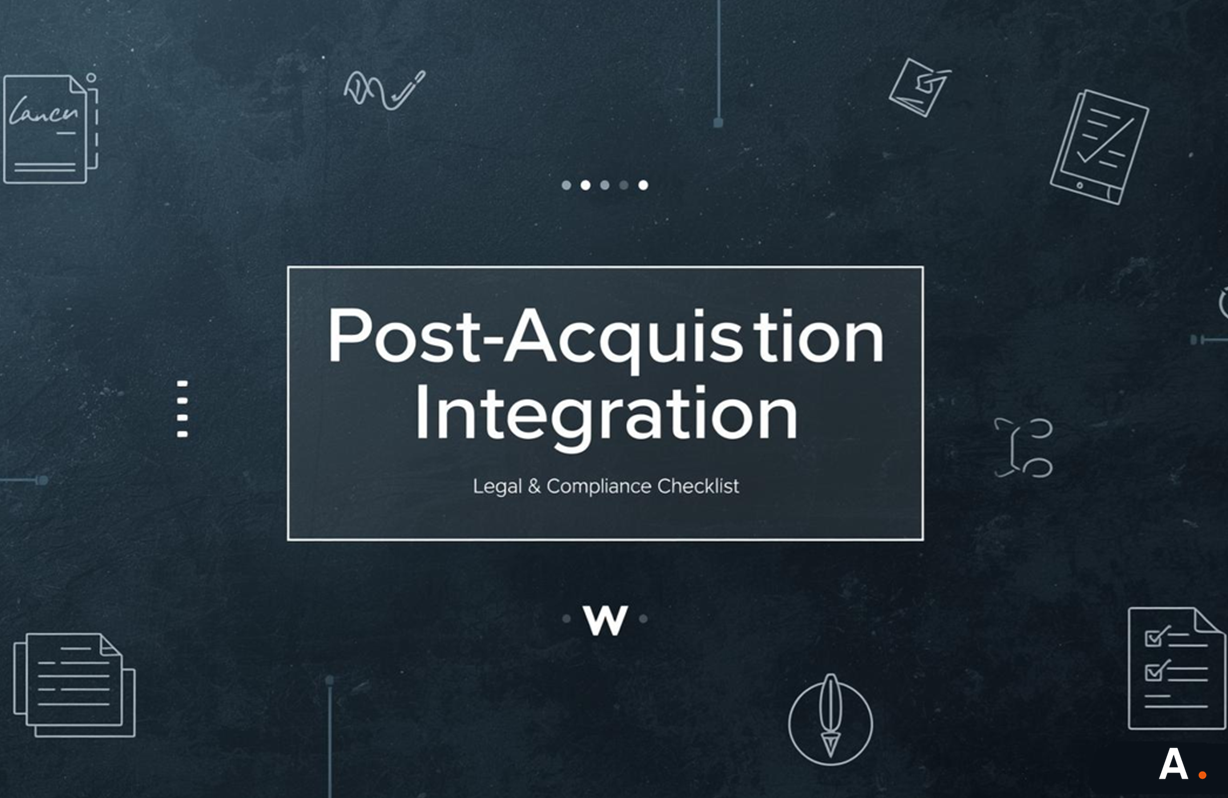How to purchase a warehouse in France?
The purchase of a warehouse can be a significant investment for companies or individuals seeking to store their goods or belongings. However, the purchase of a warehouse should not be taken lightly. It is important to understand the legal rules surrounding this transaction in order to minimize risks and avoid complications in the future.


Acquiring a Warehouse
What is a Warehouse ?
The warehouse is crucial in a company’s logistics because it is where the products sold, raw materials, and goods necessary for the activity are stored and preserved. It is typically located in large peri-urban industrial areas near transportation routes and is often of significant size. The warehouse is the starting point for product shipping and must be effectively managed to optimize product transport and storage.
Valuation of a Warehouse
When purchasing a warehouse, it is important to estimate its fair market value, which is the price at which it could be sold on the open market. This value is distinct from the historical accounting value and can be used to negotiate the purchase price or to address tax or accounting matters. Common methods for valuing a warehouse include the direct comparison method, the income capitalization method, and the discounted cash flow method. Accountants or consulting firms can help with this valuation.
Due Diligence
Before purchasing a warehouse, it is important to conduct a thorough due diligence review. This involves checking all aspects of the warehouse, including its ownership, compliance with local laws and regulations, existing leases, permits, and licenses.
It is recommended to hire a real estate lawyer to conduct this due diligence. The lawyer will review relevant documents to identify potential risks and ensure that the transaction is in compliance with applicable laws and regulations.
Contractual Clauses
The purchase contract should include clauses that protect the parties involved in the transaction. Important provisions include descriptions of the property, payment terms, warranties, closing conditions, and remedies for contract violations.
It is important for the contract to be clear and precise to avoid any confusion or misunderstanding between the parties. It is recommended to hire a lawyer to draft or review the contract before signing it.
Regulations to Follow for Operating a Warehouse
Security Obligations
Before commencing operations, it is necessary to obtain an operating permit for a covered warehouse, which depends on its size. For an area less than 5,000 square meters, no authorization is necessary, for an area between 5,000 and 50,000 square meters, a declaration to the prefecture is sufficient, and for an area equal to or greater than 50,000 square meters, prior authorization from the prefecture and the DREAL is required.
Your warehouse will be classified according to the ICPE (Installations Classées Protection de l’Environnement) standard, which defines the obligations of operators based on the products stored. Depending on this ICPE classification, you must comply with requirements such as fire safety and personnel safety devices, waste management, storage systems, evacuation plans, and access for emergency services.
Keeping a register of stored materials is also an important obligation, which must describe their nature, potential risks, and location within the warehouse.
The application dossier for operating a covered warehouse includes several elements such as an impact study, a health and safety section, and a notice on personnel hygiene and safety. In certain situations, a public inquiry may be necessary under Article L.512-2 of the Environmental Code. In all cases, regardless of the nature of the warehouse, its structure and shelves must comply with current standards, including NF 15620 and NF 15629.
It is essential to comply with safety rules in logistics warehouses, as this environment can be potentially dangerous due to the use of handling equipment such as pallet trucks, forklifts, carriers of heavy or bulky loads. These devices represent a threat to people and goods. To ensure the safety of employees and stored It is imperative to respect the safety rules in a logistics warehouse, as this environment can be potentially dangerous due to the use of handling equipment such as pallet trucks, forklift trucks, carriers of heavy or bulky loads. These equipments represent a threat to people and goods. To ensure the safety of employees and stored products, it is essential to take into account various aspects such as traffic lanes, effective signage, the types of materials used for storage and movement, etc. Compliance with these rules helps to keep the warehouse up to safety standards.
Rules on circulation
In a logistics warehouse, pedestrians must only circulate in designated areas, which are usually bordered by barriers and marked on the ground, sometimes with lights. It is strictly forbidden to walk outside of these areas, as this can be dangerous due to the presence of handling equipment. The barriers meet a specific standard and must be respected. Pedestrians always have priority in a warehouse, but must exercise caution, as must equipment operators who must remain in control of their vehicles.
Rules on personnel training
It is imperative that only trained employees who are familiar with the layout of the warehouse and its safety measures have access to it. Personnel training is therefore crucial to ensure the safety of all, particularly with regard to fire risks and the stability of pallet racks. For forklift operators, a certificate of aptitude for safe driving (CACES) is mandatory, issued by the employer after the employee has obtained certification (Article R 4323-55 – Labour Code).
Regulatory developments
The decree of August 17, 2016 aims to update the safety rules applicable to certain types of covered warehouses. This regulation concerns covered warehouses subject to authorization, which store combustible materials, products or substances. The aim of this update is to prevent accidents in the warehouses concerned.
The new provisions include, in particular: the extension of the obligation to have a fire defense plan to all administrative regimes, for older warehouses the completion of a study to verify the absence of thermal domino effect towards neighboring buildings in the event of fire, and the application to warehouses of measures from an action plan relating to the provision of reports from insurers.
The purchase of a warehouse is a complex transaction that can be affected by many legal rules. It is important to conduct a thorough due diligence, understand environmental obligations, taxes and transfer duties, permits and licenses, zoning rules, potential easements, and include appropriate contractual clauses in the purchase agreement. Seeking the assistance of a real estate lawyer can help to minimize risks and avoid future complications.
About the Author :
Business lawyers, bilingual, specialized in acquisition law; Benoit Lafourcade is co-founder of Delcade lawyers & solicitors and founder of FRELA; registered as agents in personal and professional real estate transactions. Member of AAMTI (main association of French lawyers and agents).
FRELA : French Real Estate Lawyer Agency, specializing in acquisition law to secure real estate and business transactions in France.
Paris, 19 Rue du Colisee, 75008 Paris
Bordeaux, 24 Rue du manège, 33000 Bordeaux
Lille, 40 Theater Square, 59800 Lille

This article is provided for general information only and may not reflect the most recent legal or tax developments. It does not constitute legal advice. Please contact us for personalised guidance before making any decision.




